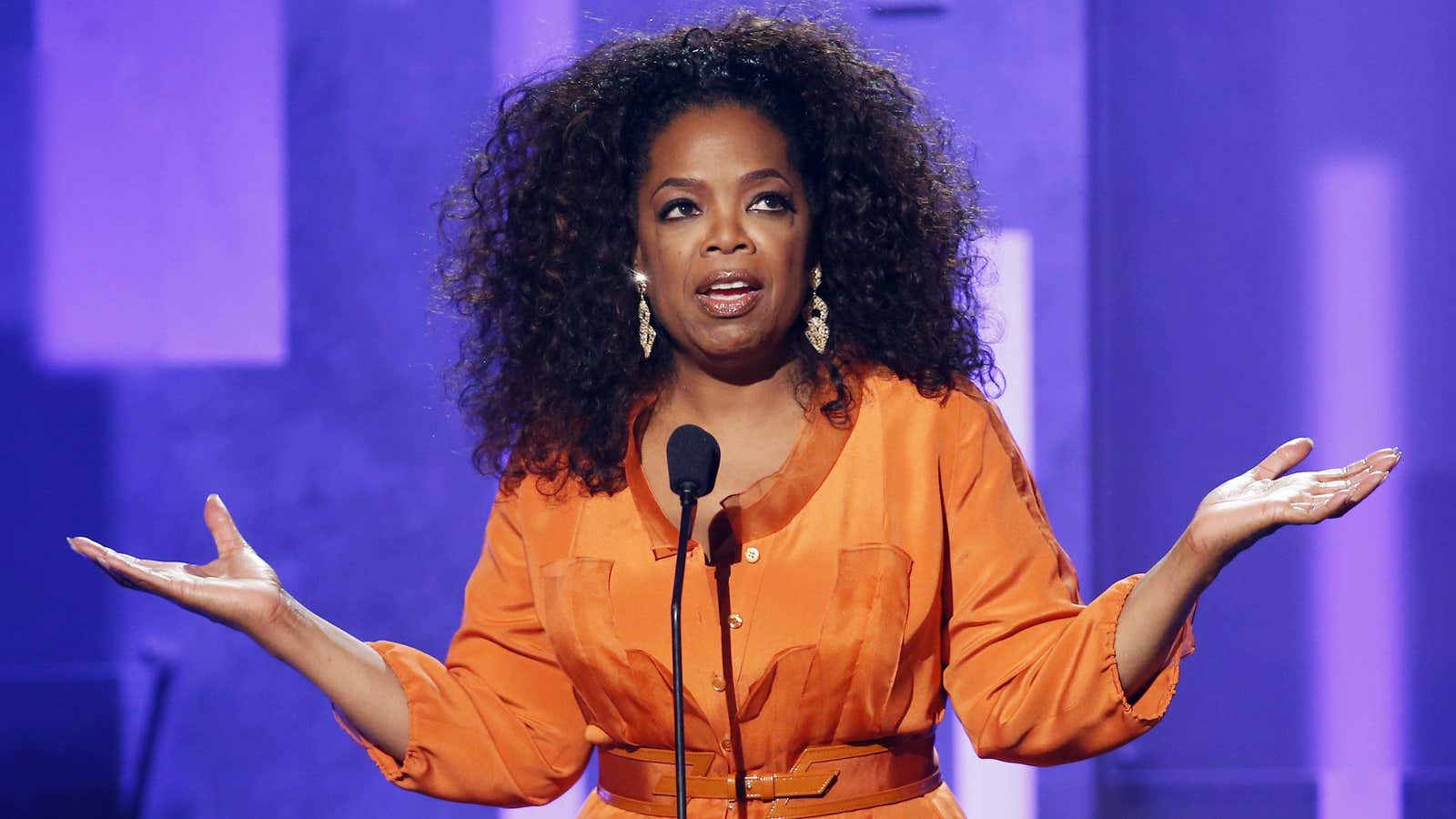In recent times, Raven-Symoné has stirred up controversy with her bold statements regarding her identity and race. In a candid exchange with Oprah Winfrey on an episode of “Oprah: Where Are They Now?”, Raven-Symoné declared, “I’m tired of being labeled. I’m an American. I’m not an African-American.” This comment has sparked significant debate, especially given Oprah’s reaction and the broader context of race and identity in Hollywood.
The conversation between Oprah and Raven-Symoné took a serious turn when Oprah revisited a tweet from 2013 in which Raven expressed relief over the legalization of gay marriage. Oprah questioned if this tweet was Raven’s way of coming out, to which Raven responded with a clear desire to avoid labels. “I want to be labeled a human who loves humans,” she said, emphasizing her wish to transcend racial and sexual identity labels.

Oprah’s response to Raven’s statements was a mix of surprise and concern. She jokingly warned Raven that she might face backlash for disassociating from the African-American label, a reaction that only fueled the controversy. Oprah remarked, “You’re going to get a lot of flak for saying you’re not African-American. You know that, right?” This reaction underscores the complex and often contentious nature of racial identity discussions in America.
Raven-Symoné elaborated on her perspective, clarifying that her rejection of the African-American label stems from her personal sense of identity and connection to her roots in Louisiana. “I don’t know what country in Africa I’m from, but I do know that my roots are in Louisiana. I’m an American and that’s a colorless person,” she explained. This statement reflects a broader sentiment that some individuals feel their identity is more aligned with their American citizenship than with specific racial or ethnic categories.
The discussion also touched on Raven’s personal life. She acknowledged being in a fulfilling relationship with a woman but preferred to keep details about her private life out of the public eye. This preference for privacy contrasts with the media’s often intrusive scrutiny of celebrities’ personal lives.
The exchange gained further attention when it resurfaced on social media, especially after Raven’s brother Blaine’s passing. The clip triggered varied responses, from support for Raven’s rejection of labels to criticism of Oprah’s reaction. Some saw Oprah’s discomfort with Raven’s stance as indicative of a larger issue with how Hollywood handles race and identity.
The controversy surrounding Oprah is not isolated. It echoes past instances where Oprah’s interactions with Black artists have been scrutinized. One notable example is Tony Braxton, whose career faced significant challenges despite her success. Braxton’s financial troubles and bankruptcy were notably discussed in an interview with Oprah, where she felt Oprah’s questions were unnecessarily harsh. Braxton’s experience highlighted how industry pressures and contractual issues can profoundly impact artists’ careers, and the public’s perception of those issues.
Braxton’s financial troubles, compounded by a poor record contract and health issues, led to bankruptcy despite her immense commercial success. Her disclosures about meager royalties and harsh contract terms illustrated the often hidden struggles of successful artists. The public’s sympathy for Braxton was mixed with frustration towards the record industry’s treatment of her.

Oprah’s handling of Braxton’s interview, along with her rumored conflicts with other artists like Mo’Nique, has led to speculation about her role in shaping the careers of those within her circle. Mo’Nique’s allegations of being blackballed after the film “Precious” and her claims of unreasonable demands from Oprah during promotional campaigns further fueled these suspicions.
Additionally, Oprah has faced allegations of supporting problematic figures and enabling a toxic power structure in Hollywood. Critics have accused her of being part of a broader system that undermines and discredits individuals who do not conform to its norms.
Despite these controversies, Oprah has publicly denied involvement in any wrongdoing, addressing rumors and accusations as baseless. Her responses to these allegations highlight the complexities of navigating public perception and personal actions in the entertainment industry.
Overall, the ongoing discussions about Oprah Winfrey and Raven-Symoné reflect deeper issues within Hollywood regarding identity, race, and power dynamics. As these narratives continue to evolve, they underscore the challenges of reconciling personal beliefs with public expectations and the impact of media on shaping and questioning these identities.